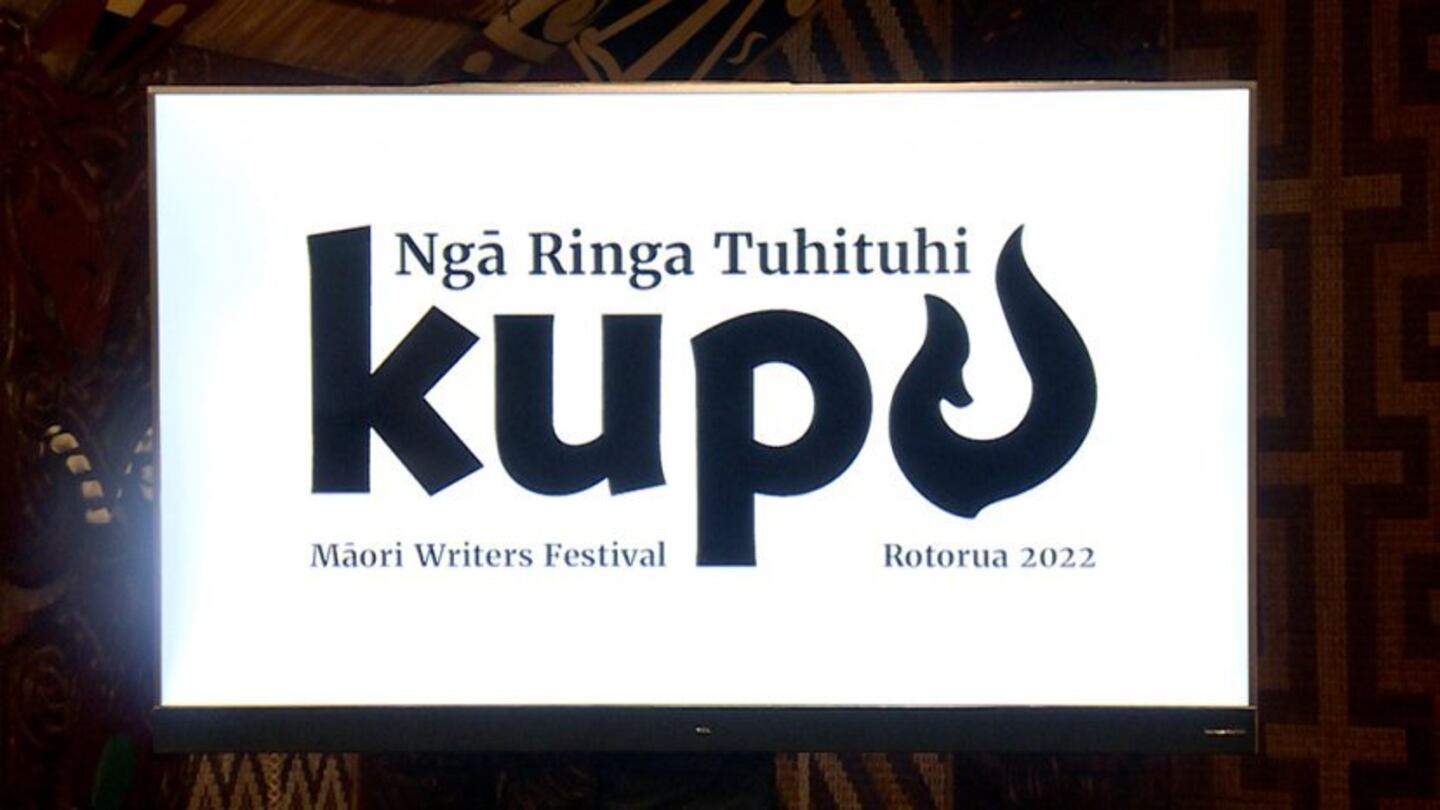One of the most interesting things to come out of Ngā Ringa Tuhituhi ‘Kupu’ Māori Writers Festival Rotorua 2022 was the need to get more Māori writers writing in te reo Māori.
The festival was about celebrating Māori writers of the past and present, promoting more reading and writing knowledge, and supporting and encouraging more Māori writers.
Kupu Festival organiser Robyn Rangihuia Bargh was also keen on the festival being a platform to encourage Māori writers to write in te reo Māori and get published.
“Te reo Māori publications, yes, we do have very few, and we do need a whole lot more,” Bargh said.
Unique Māori stories in Te Reo Māori
A lot of books have been written by English-speaking writers and translated into Māori. These include Kei hea a Spot, Where is Spot by Eric Hill, Te Rātaka a Tama a Hūngoingoi, Diary of a Whimpy Kid by Jeff Kinney, and Hoihoi Turituri, The Noisy Book by Soledad Bravi.
Burgh said they were all great stories that used te reo Māori.
However, she was concerned these books are the thoughts and perspectives of non- Māori, even though translated into Māori.
“And what we really want is Māori thinking and Māori perspectives written into books. More original and authentic Māori stories that are our own that we can share in te reo Māori to the world,” Bargh said.
She said there were now many kohanga reo and kura kaupapa Māori graduates compared with when she first started Huia Publishers 30 years ago. These young adults were entrenched in te reo Māori and she hoped this generation would become writers.
“What we want now is to take all those who can kōrero Māori and say now they have got to pick up a pen or get on their computer and write something because they know of a world waiting to be explored by others and they can articulate these writings in te reo Māori”, Bargh said.
Mākereti Papakura first Māori ethnologist
Dr Keri- Anee Wikitera, a descendant of Tuhourangi, spoke about her ancestor, Makereti Papakura, a Māori writer from the past and the first Māori student at Oxford University in England. She was the first Māori ethnologist writer.
“That time when she was writing in the 1920s ethnologists were writing about us and she was one of the first insiders to talk about Māori from a Māori perspective,” Bargh says.
Rangitihi Pene, who is part of the Kupu Organisation and facilitator for Tuhourangi iwi, was excited about the prospects of new Māori writers from his village who, for the first time, learned about their amazing ancestor Mākereti Papakura.
“She wrote about our thermal village, Te Whakarewarewa, its culture, and traditions of the time. Then she made it available to the University of Oxford where her writings, artworks, and books are safeguarded in a massive university library there. The hope now is our rangatahi will write for our next generations,” Pene said.
There were three Māori writers from the past who were discussed, Wi Maihi Te Rangikāheke, Mākereti Papakura and Himiona Te Pikikōtuku, plus 32 Māori writers from the present who were celebrated at this year's first festival.
Bargh is hoping to expose more Māori to Māori writers and to let rangatahi in schools know that there are Māori writers telling their stories, “and you can tell your stories too,” Bargh said.
Tuhourangi is writing a series of books in Te Reo Māori to be published for Te Arawa primary schools that will teach Tuihourangi history and genealogy.


